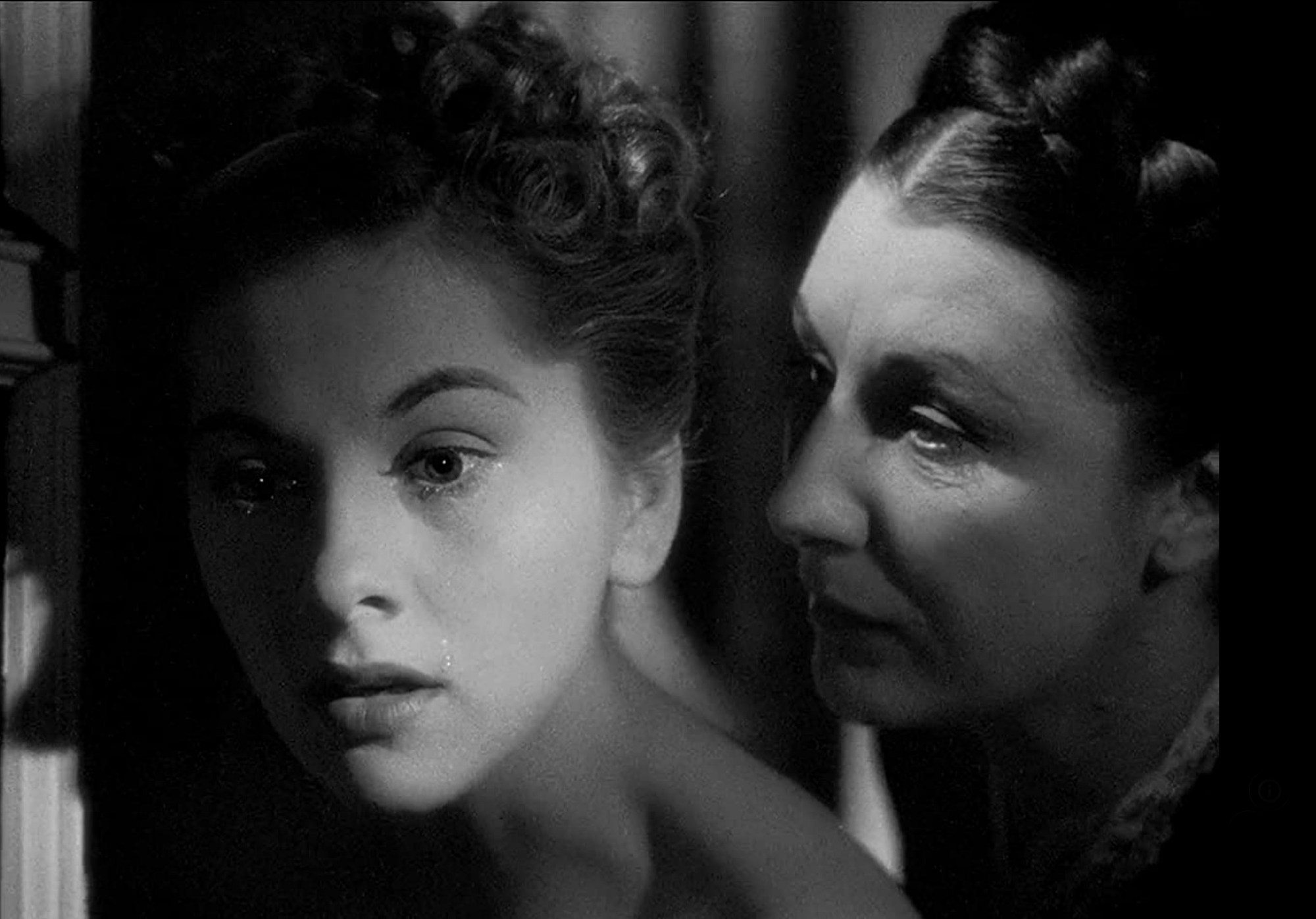
- Film
Rebecca (1940): Hitchcock’s First American Thriller at 80
Having made several good thrillers in the U.K, such as The 39 Steps and The Lady Vanishes, Alfred Hitchcock was imported to Hollywood by David O. Selznick, the powerful producer who was then engaged in the making and promoting of what would become the phenomenally successful Gone with the Wind.
Rebecca, Hitchcock’s first American film, was both a critical and commercial hit, earning ten Oscar nominations and winning two: Best Picture and Best Cinematography. It’s the only Hitchcock feature to win the top award, though four other films had been nominated, including Foreign Correspondent, which was nominated in the same year as Rebecca.
Rebecca has well withstood the test of time as a lavishly produced and vastly enjoyable picture, well-acted by a large ensemble of actors headed by Laurence Olivier. A hybrid of a movie, Rebecca continues to please aficionados of various genres. The film is effective as a suspenseful mystery, a Gothic horror (set in a haunted estate), an early film noir with exquisite black-and-white imagery, and a ‘woman’s’ melodrama since the story is told from the point of view of its heroine (Joan Fontaine in a breakthrough performance).
Based on the 1938 novel, ‘Rebecca’ by Daphne du Maurier, who later provided the inspiration for Hitchcock’s The BirdsA young timid girl (Fontaine) marries the rich aristocratic widower Maxim de Winter (Olivier), a man she hardly knows, after a brief courtship. At his urgings, she moves into the large house he had occupied with his first wife, Rebecca, whose death occurred in strange circumstances and is still veiled in mystery.
Though the exact location is never specified, the Gothic mansion, where most of the action is set, is one of the picture’s main characters. It’s a huge, cold, alienating place, with many of its suites locked, which makes the new wife even more insecure. The estate is dominated by the spirit of Rebecca, a point conveyed by its malevolent housekeeper, Mrs. Danvers (Judith Anderson), whose loyalty to her mistress goes beyond logic or reason.
The adaptation was largely faithful to the novel, which was more of a psychological study, but under Hitchcock’s guidance, it gave the story a broader viewpoint, imbuing it with menace and brooding ambiance. He introduced elements of suspense, which were lacking in the book, through the various conflicts among the central figures.
A close confidante of the first Mrs. de Winter, Mrs. Danvers has preserved Rebecca’s bedroom suite unchanged, and she displays, with nostalgic admiration, her mistresses’ personal items. Hitchcock uses a shrewd trick in framing Mrs. Danvers, who is never seen walking, appearing out of nowhere, when she’s least expected or wanted.
The new wife tries to please her husband but ends up irritating him when holding a costume party to which she wears, based on Mrs. Danvers’ advice, the same dress that Rebecca had worn at her last ball. The constant reminders of Rebecca’s sophisticated glamour persuade the bride that her husband’s love for his wife is the source of his irrational outbursts of anger.
Later on, the investigation of Rebecca’s death reveals that she was not pregnant, but fatally ill and that she had been trying to goad Maxim into killing her in order to ruin his life. Maxim is then forced to confess that his marriage was a sham, that Rebecca was a promiscuous femme who had an affair with her cousin (George Sanders), and had no intention of keeping her vows, but nevertheless pretended to be the ‘perfect’ wife for the sake of appearances.
Several details had to be altered to comply with the strictures of the Production Code, which stipulated that the murder of a spouse must be punished. In the novel, Maxim shoots Rebecca, while in the film, he only thinks of killing her when she taunts him into believing that she got pregnant by another man, and her subsequent death is accidental.
In the novel, Mrs. Danvers is a jealous mother figure whose past is revealed in detail, but Hitchcock made her a younger character without a past. Moreover, Hollywood’s censorship prohibited any hint of lesbian infatuation or relationship between Mrs. Danvers and Rebecca, but Hitchcock somehow managed to dwell on Danvers’ obsessive memories, showing her caressing her mistress’ lingerie.
Throughout the process, Selznick interfered with Hitchcock’s work. He edited some of the footage, increased Franz Waxman’s score, and supervised retakes and re-recording of dialogue, some of which took place after a rough cut was previewed. And in the end, when Maxim returns home to see Manderley on fire, set ablaze by the deranged Mrs. Danvers, Selznick wanted the smoke to spell out a huge ‘R.’ But Hitchcock thought that it lacked subtlety and replaced it with the burning of a negligée lying atop a monogrammed pillow.
As the second (nameless) wife, haunted by Rebecca, Fontaine makes her character appealingly vulnerable, pulling the audience to her side from the first scene. Olivier gives one of his rare ‘uncomfortable’ performances, which is most suitable for his part.
Seen from today’s perspective, Rebecca may have retained poignancy from its probing dissection of an unstable marriage. The movie deals with other issues that would become recurring in Hitchcock’s future films, such as encouraging the audience to identify with the woman’s position and depicting male anxieties in the face of demands made by women.
Among other things, the success of Rebecca revived interest in reading Gothic novels and encouraged producers to seek similar novels as fruitful material for Hollywood movies.

